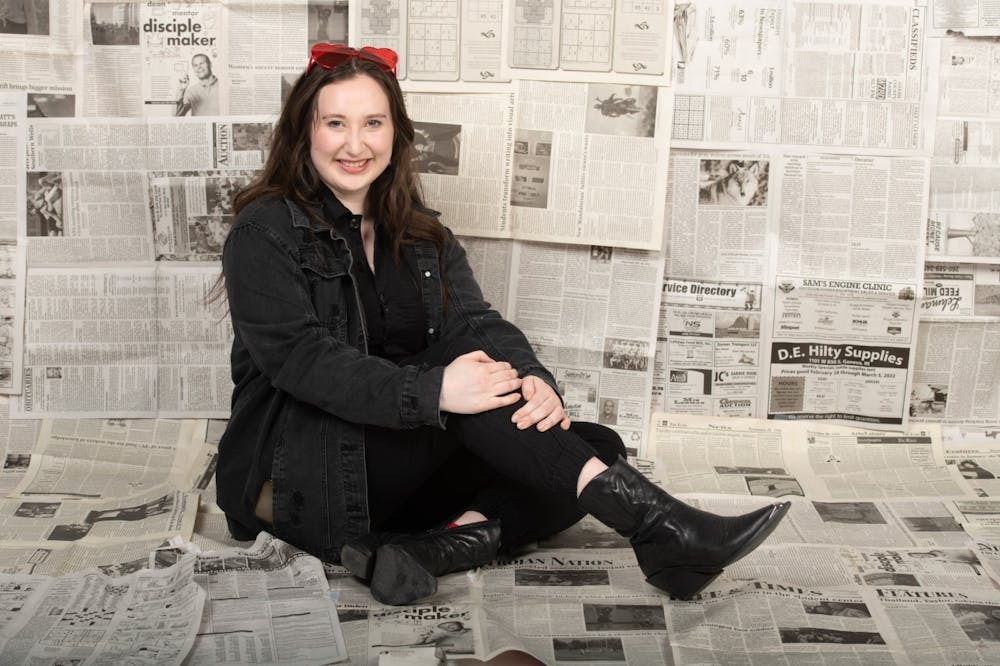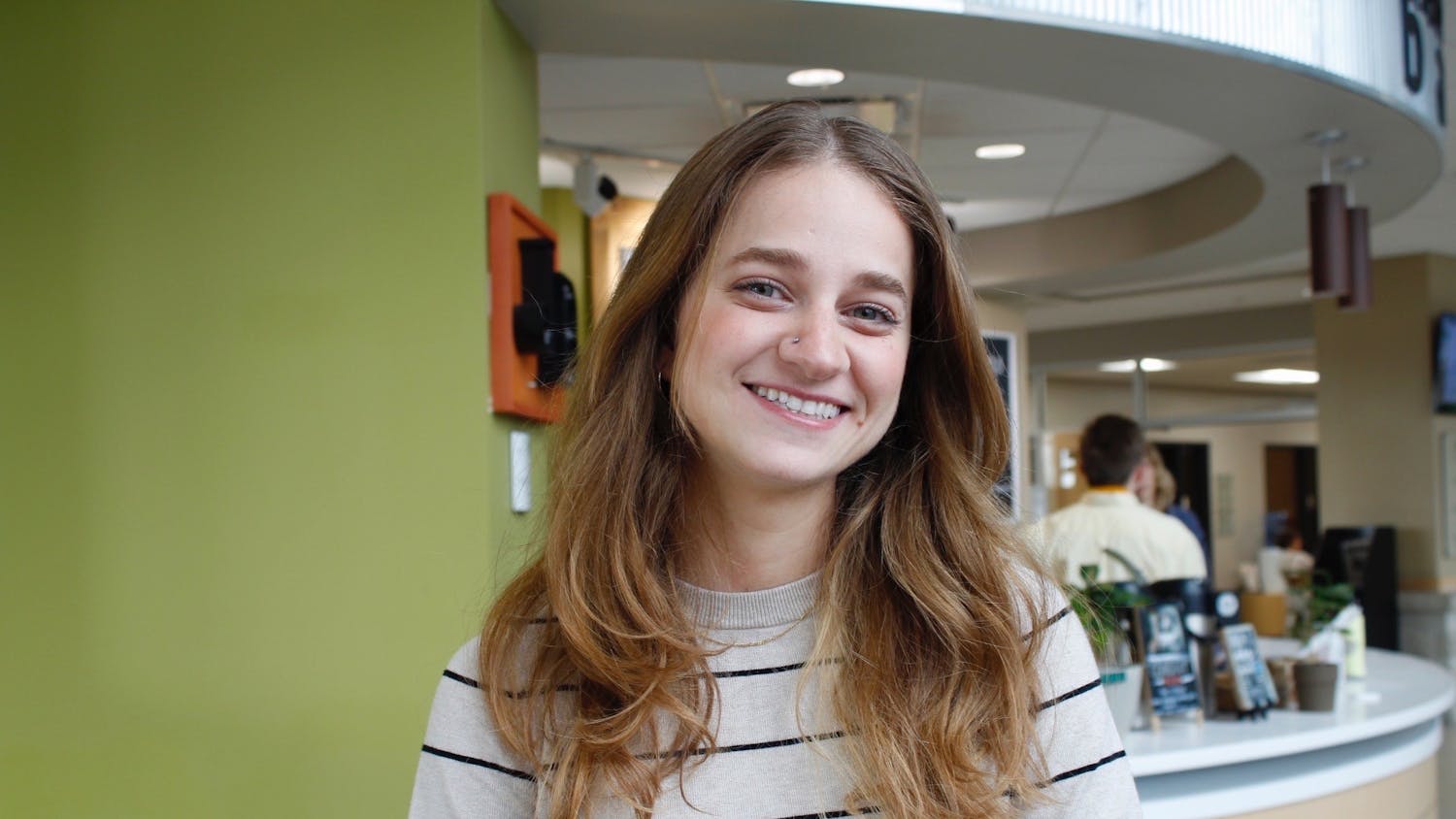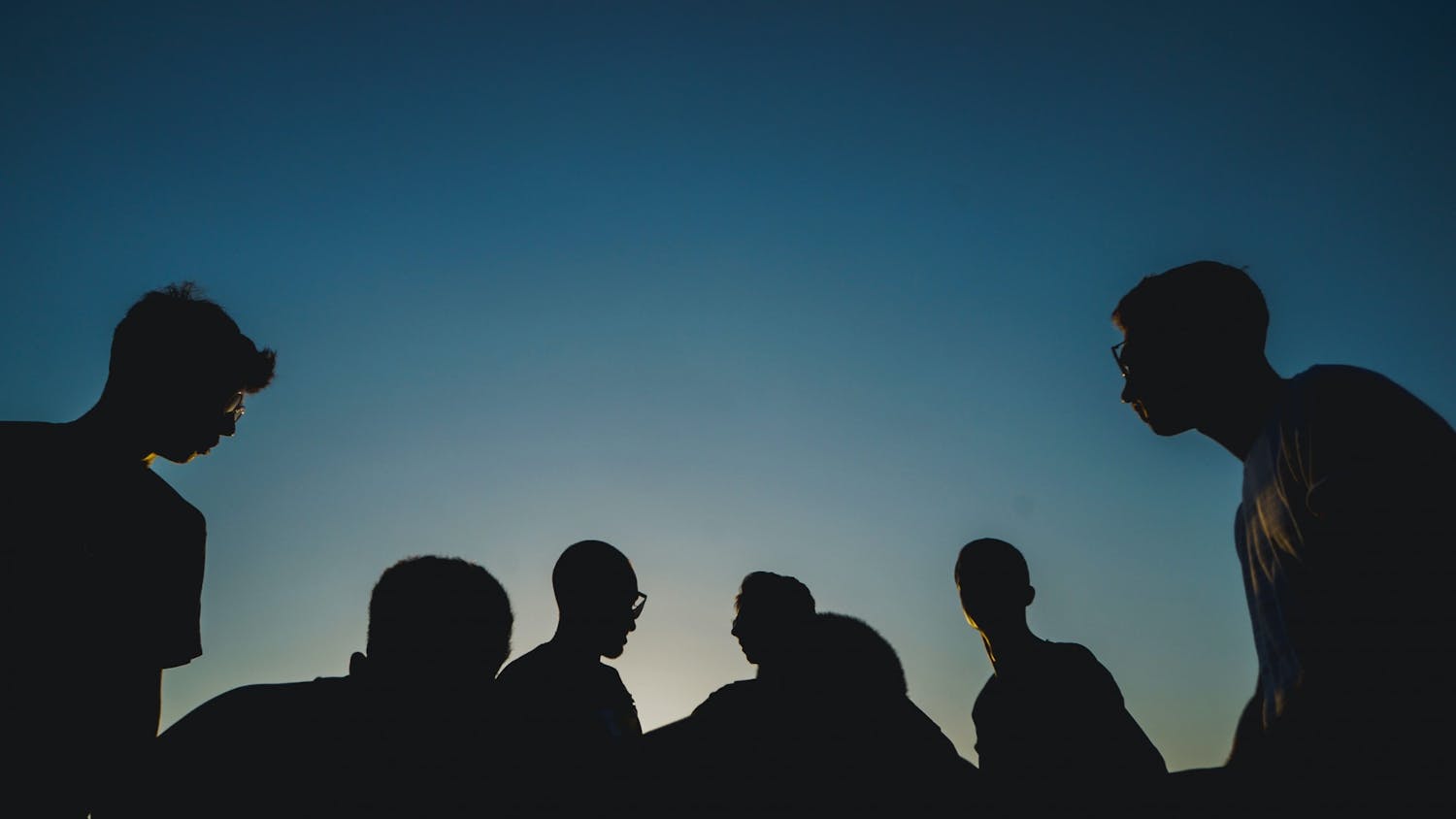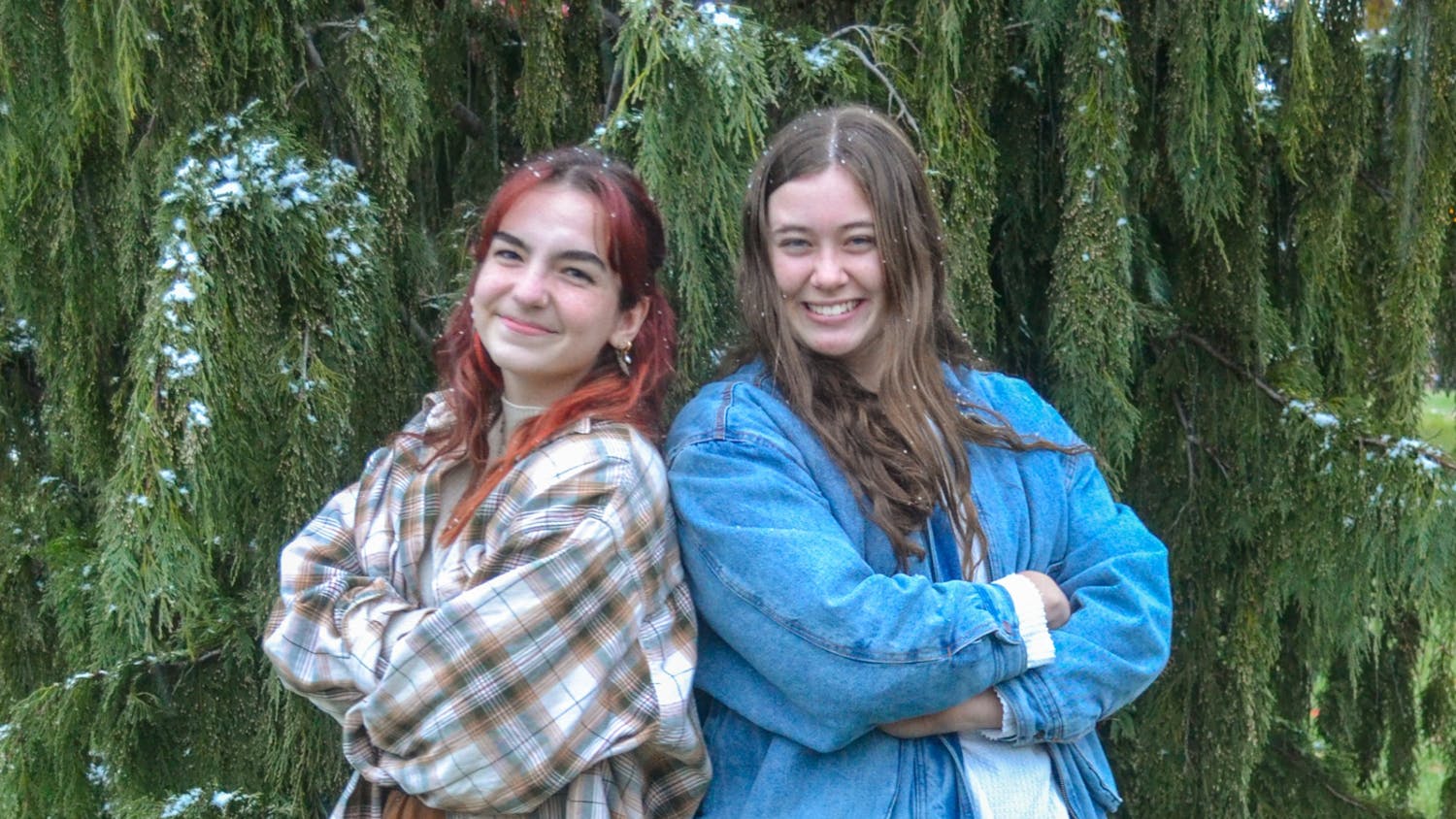In the Spring of 2019, I interviewed JoAnn Rediger for an article about her retirement and something she said has always stuck with me. I asked her what she had planned for her retirement. “What’s next?” Rediger said. “The seniors and I have that in common. We both keep getting that question.”
It was a moment of relatability and humor in answer to a question that never gets easier, no matter how old you are when the moment of transition comes. Now I am no longer the one asking the question, but rather the one on the other side of the table, trying to answer to the best of my ability when plans seem especially delicate.
As I approach graduation, the feelings I sense both in myself and my peers are mixed. We are excited and proud to have earned our degrees, exhausted from doing so, anxious to face an unsettled and uncertain time of life and sad to no longer be a part of a community that has defined our experience for the last four years.
I have heard from many of my peers that the transition to the world outside of Taylor can feel like a rude awakening.
People often refer to this transition as entering “the real world,” or as “popping the Taylor bubble.” But I think a different metaphor can help reframe our experience at Taylor in a way that provides more peace, and it comes from a lesson we learned freshman year in Foundations of Christian Thought (IAS 110).
As endings come into view, I tend to have one eye on the beginning. So it makes sense to look back at what I was wrestling with freshman year. Many of the things we learned in IAS 110 seemed simplistic at the time: use technology well, there is no such thing as secular, do the next right thing.
But there was also a moment in Foundations that I tucked away as important even when I did not fully understand it, and that is what I refer to now as I challenge us graduates to reframe our thinking. This was when Associate Professor of Education Carol Sisson encouraged us to reject the notion that Taylor was a bubble and instead view it as a greenhouse.
Both the bubble and the greenhouse metaphors allude to the reality of Taylor’s isolation. We live a fifteen-minute drive from anything that’s not corn on a campus of about 2,000 people. We eat, sleep and dream of intentional community for four years, all while taking cross-disciplinary classes. This is an island of intersecting ideas and familiar faces.
But where a bubble denotes a delusion-worthy protection, a greenhouse symbolizes both renewal and growth. And just like that, I realize that the same ideas which seemed simplistic freshman year have become guiding principles for my life.
According to Associate Professor of Computer Engineering and IAS 110 co-founder Jeff Cramer, this is intentional.
“My hope is that the Foundations course helps prepare students to see the interconnectedness of the world they live in with God’s kingdom on earth as they live out their lives as witnesses of the gospel message —the good news of what Jesus has done, is doing and will be doing in the future,” Cramer said.
One of the reasons I resist the idea of the bubble is that I think it reduces some of the difficult experiences students go through at Taylor. Personally, my time was marked by several tragedies. I buried a few friends taken long before their time. I watched as peers went through heartbreak and stressful events turned people I admired into the worst versions of themselves. I was asked to navigate fraught situations I felt underqualified for.
But in those times when life was the most complicated, I kept coming back to those same simple lessons I learned freshman year: use technology well, there is no such thing as secular, do the next right thing.
In essence, one of the greatest comforts in this season is that all of us graduates are more prepared for life after Taylor than we realize by merit of the lessons we have gathered. Creating community and promoting growth both locally and globally is something that does not stop once we cross the stage and turn our tassels.
At the end of the day, graduation is leaving the greenhouse and planting our sapling wisdom in the back garden, exposed to the elements. “The real world” is the place we have always lived and always will.





